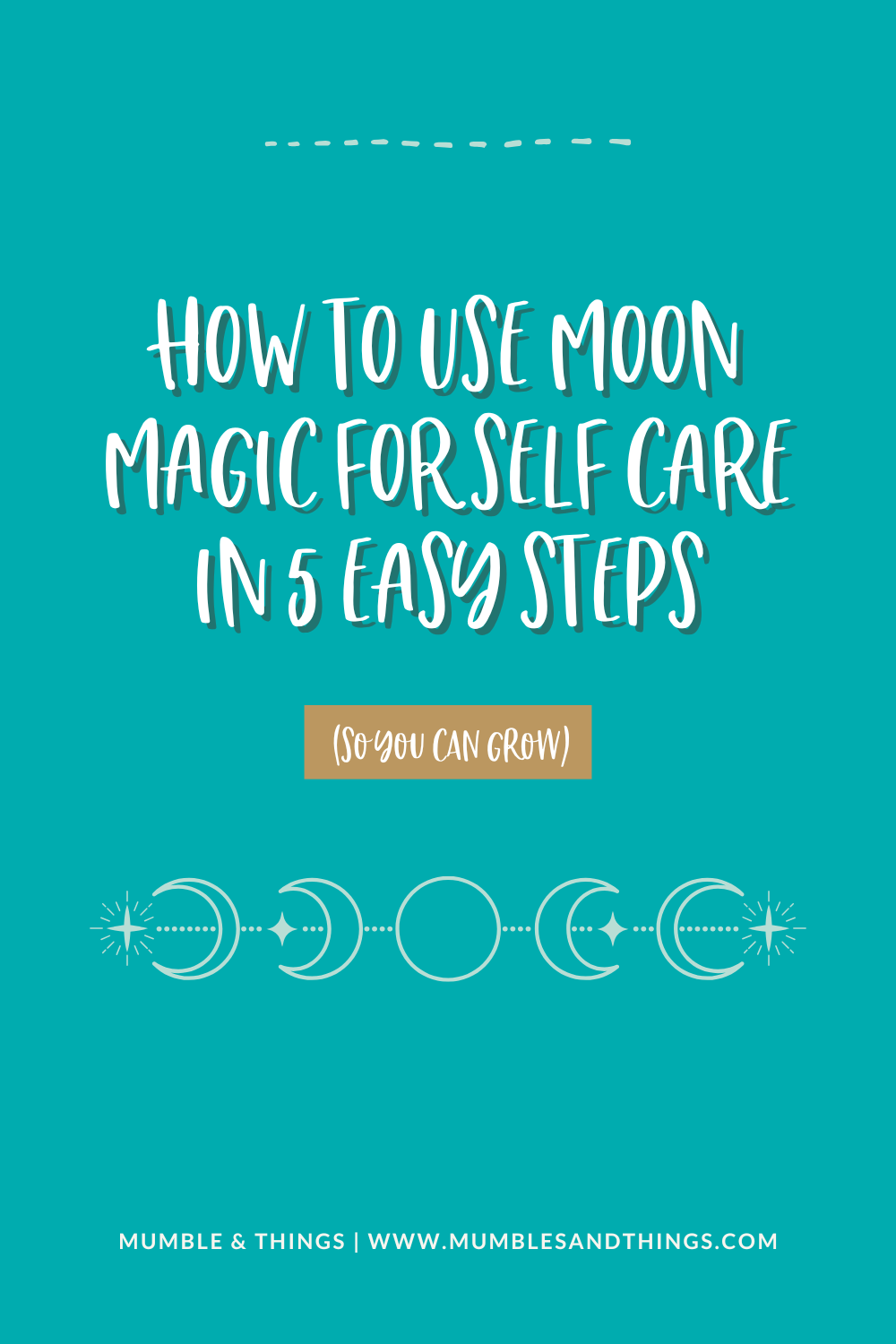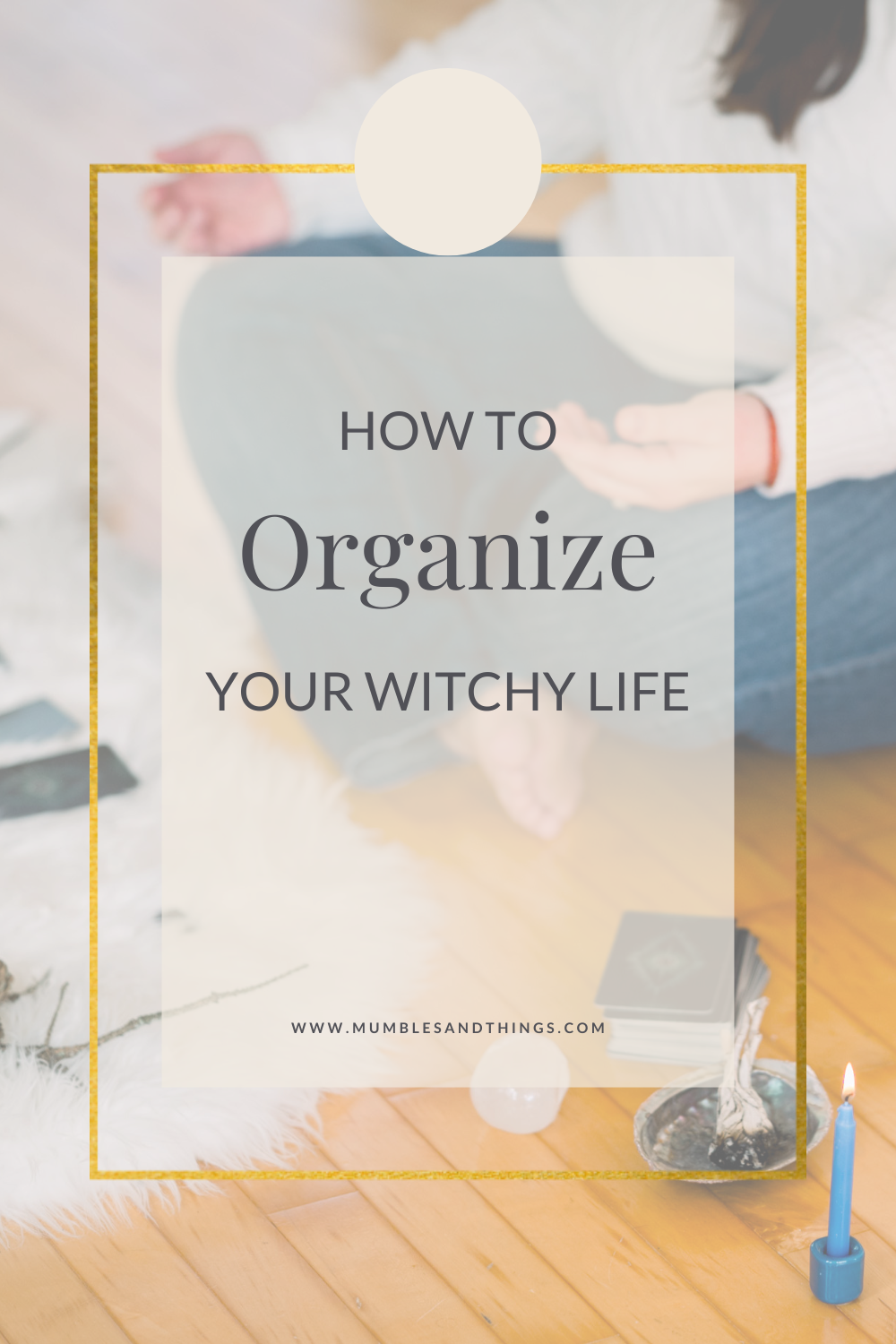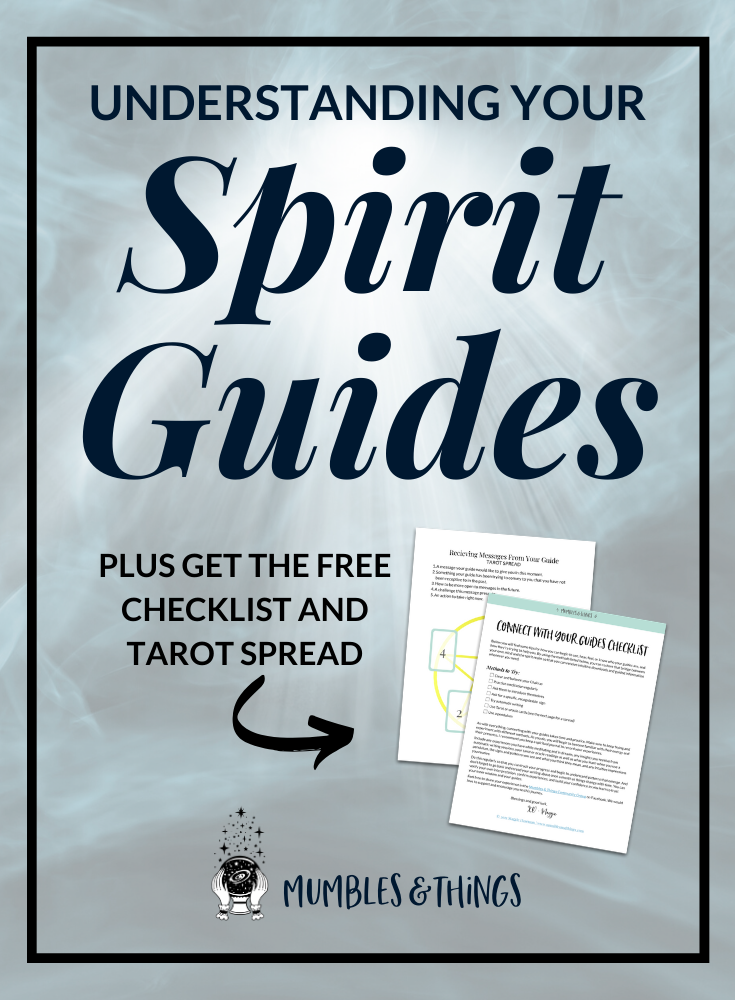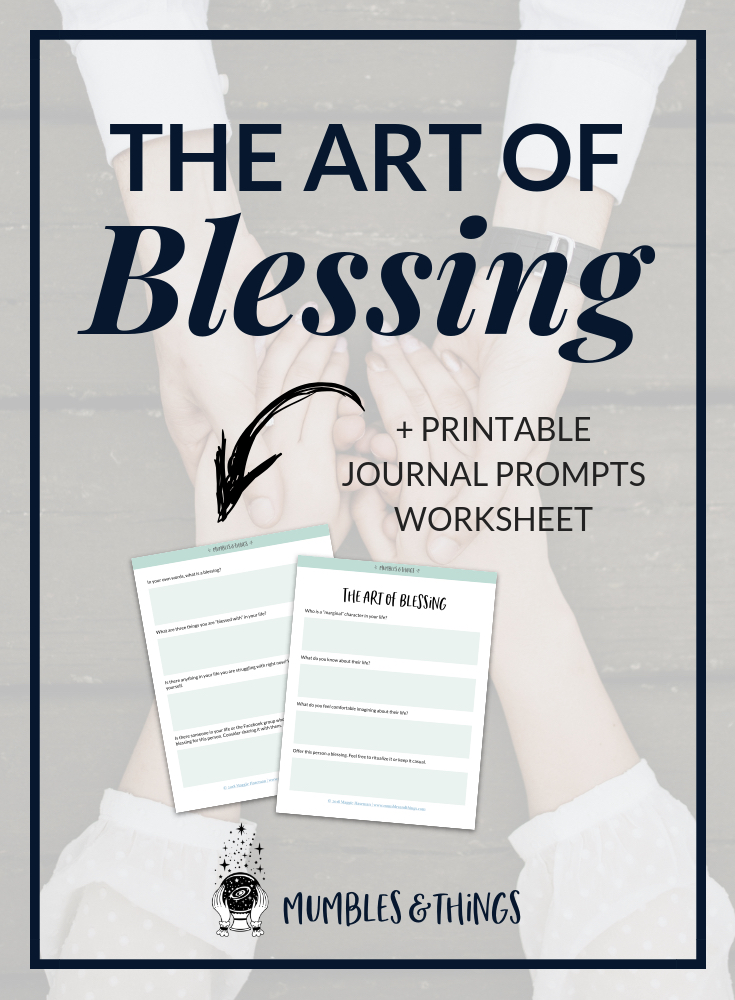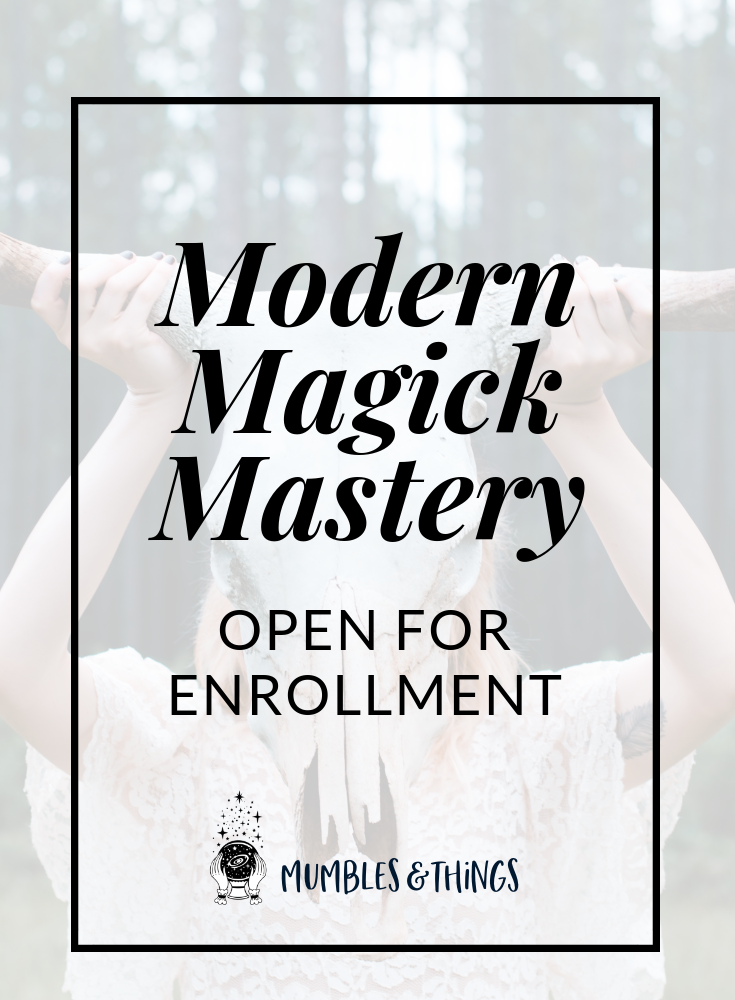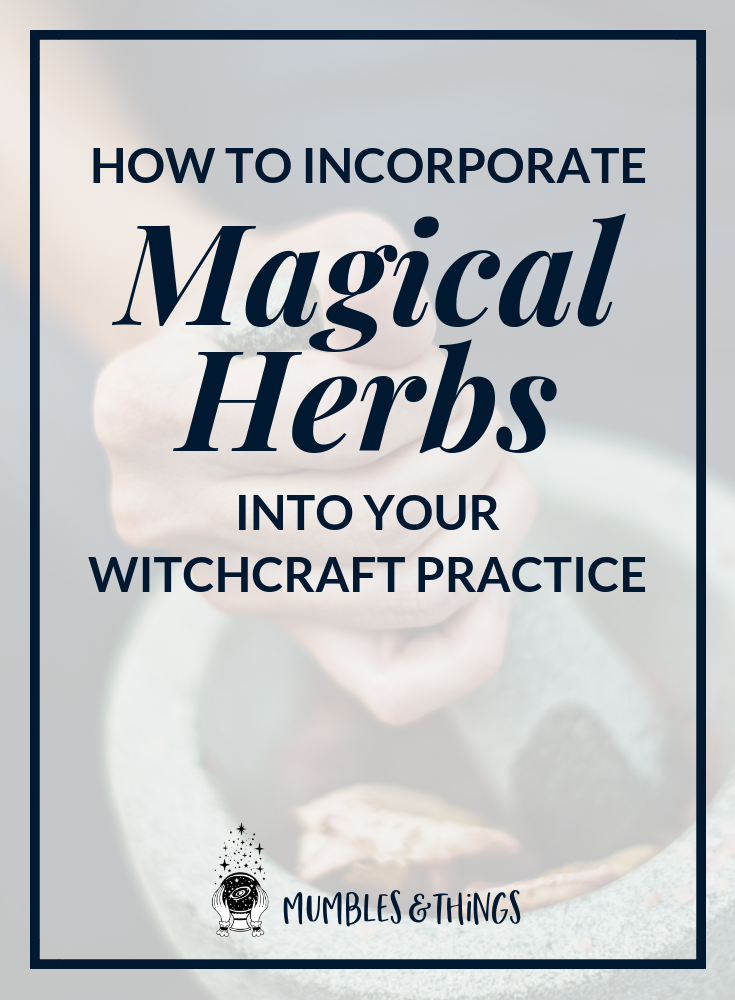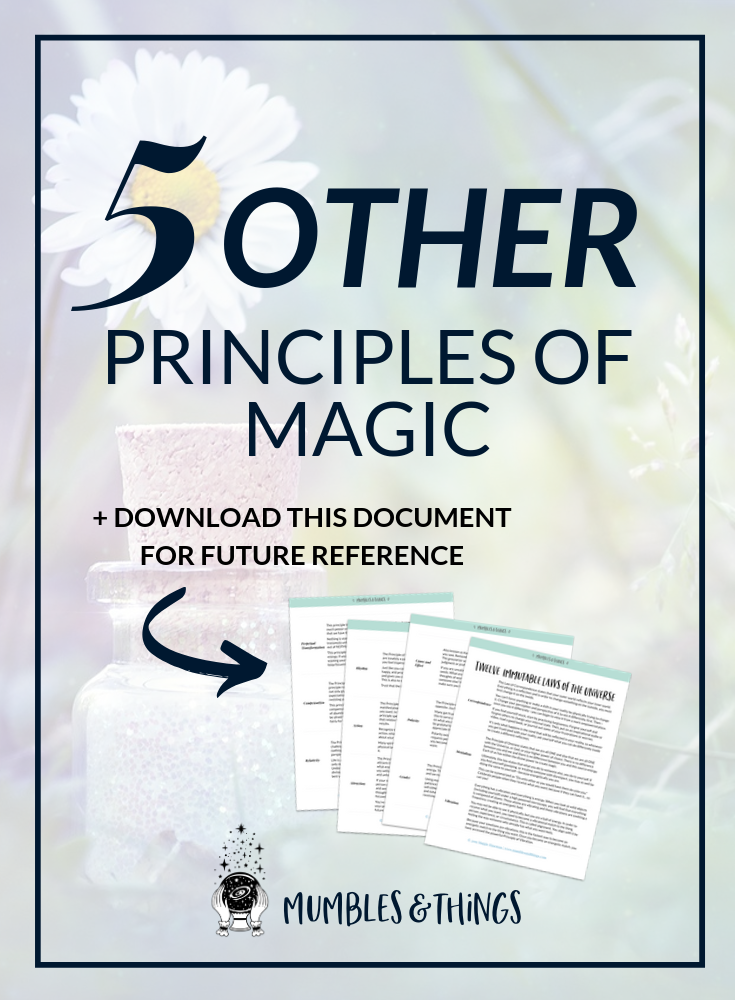How to Add Magic to Your Self Care Practice
You’re in the right place if you…
want to learn how to integrate magic into your self care routine
want to find balance, recharge, examine and transform self limiting behaviors so they empower you instead, and learn meditation techniques
want to discover ideas for calling the magical energy of herbs and stones, the elements, animals, gods and goddesses, and your own intuition to help you care for yourself
What is self care?
Self-care is a buzzword these days. But like media representations of magic, representations of self-care can be confusing. Basically, self-care is any activity that you do deliberately to take care of your spiritual, emotional, or physical health in the long term.
Related: 18 Self Care Practice to Prevent Burnout
When you hear the phrase “self care for witches” you may have certain assumptions about what that means: candles, special and mysterious bath recipes, and crystals. These are certainly a portion of what self care for a witch looks like, I don’t think I’ve known a witch who doesn’t absolutely love baths as a concept.
But self care for the witch is more than tools and accessories, and more aligned with self-recognition and knowledge.
You can’t have power without acknowledging that you have it, and you can’t really acknowledge yourself without taking care of yourself, too.
Magic and Self Care
Magic and self care actually go together very nicely because a lot of magic is about listening to your thoughts and your body, paying attention to your intuition and any divine messages that come to you. By focusing on this supportive information, you uncover everything you need to know to become limitless in what you can create.
The Goal of Self Care
The goal of self care it simple: develop the skills to listen to your intuition and your body to understand what you need at any given moment in order to improve your health for the long term.
How hard is it really to listen to yourself? Eat when your hungry, sleep when you’re tired, drink when you’re thirsty, use the bathroom, take care of your hygiene and have fun every once and a while.
For many, it’s actually quite challenging to pay attention to these basic needs.
And actually, self care is more than just survival. It’s also about being respectful to and compassionate with yourself. When you do, you can treat the people around you with respect and compassion, too. It’s about supporting and encouraging yourself in the same way you support and encourage your loved ones.
In order to care for yourself, you need to see yourself as valuable and worthy of care. This is why so many people—especially women—struggle with self care. Our culture teaches us to minimize our own needs so we can take care of others. It becomes a vicious cycle of ignoring what we need to feel worthy of care, which leads erasing our actual sense of self-worth. The less you value yourself, the less you feel motivated to care for yourself.
Related: Embrace to Slow Pace of Taurus Season
But what is so interesting is that self care is actually the one thing that enables us to care for other people in a powerful way. The saying goes, “you can’t pour from an empty cup,” and basically means, you can’t give of yourself if you have nothing to give.
Self care is how you fill your cup, which then gives you the ability to share that cup with others who need your help.
While the goal of self care is to learn how to recognize what we need, when we need it, ultimately the goal is to do this so that we can share our magic with our community and take care of others better as well.
That’s where magic can help. Magic is all about self-empowerment and taking control over your life. It helps you understand balance and requires focus and intentional action. When you integrate more self care into your witchcraft practice and more magic into your self care practice, you are creating a powerful foundation for manifestation.
You will want to develop the skills to understand what you need when you need it, but also to figure out a self care routine that fills your cup in a joyful way so that it doesn’t feel as if it’s just one more thing to do.
Overcoming Myths & Stereotypes
There are several stereotypes and myths surrounding self care. Since self care is such a buzzword these days, its meaning has been manipulated and in some cases trivialized. Add these myths to the pile of beliefs that don’t serve you.
Related: Limiting and Empowering Beliefs
Myth: Self-Care is a High-Cost Luxury
One myth labels self care as spa days and retail therapy. While these types of activities can be self care for some people, others may have no desire to use their money and time this way. When self care is marketed as a high-cost activity, it loses its accessibility and makes it seem like the people who aren’t visiting luxury wellness centers and spending money on piles of clothes and accessories are denying themselves.
To overcome this stereotype, remember that self care that is marketed to you in a way that suggests engaging in these activities will fill a void in your life, is not self care. Self care is a tool to bring you back into alignment with your highest potential. There is nothing missing from your life, you have everything you need.
Myth: Self-Care is Self-ish
Another stereotype surrounding self care is that self care is actually selfish, which can lead to feelings of guilt. This probably aligns with the previous myth, which labels self care as frivolous and superficial because it’s just shopping and lazing away at the spa while avoiding your responsibilities. This stereotype implies that your time actually belongs to someone else, and when you use some of your time on yourself you are letting someone else down.
But self care is not selfish. And that’s how you can overcome this stereotype. As we’ve already talked about, self care is how you fill your cup and ultimately this allows you to help others in a more meaningful way.
And I also want to say that self care can include spa days and retail therapy, if those are activities that bring balance to your overall well being then they are not frivolous or superficial. That’s just part of the stereotype.
Myth: Self-Care Requires Showy Rituals
Another myth about self care is that it has to involve a showy ritual or be a big undertaking. But in fact, self care is much more effective if done regularly in small acts of care. This myth likely comes from the fact that many of us don’t take good enough care of ourselves so the situation becomes desperate and we have to do something big in order to fix the damage caused by our neglect.
Overcome this stereotype by adding small acts of self care into your daily routine. This will also help those who have a hard time taking the time needed to care for themself because when they do, they believe they are stealing time from their responsibilities and other people.
We already know that self care isn’t selfish, but this is a hard block to overcome, so practice incremental self care and you’ll not only take excellent care of yourself, but you’ll also have plenty of time for your other promises.
Myth: Self-Care can Fix Anything
The next myth is sort of the reverse of self care needing to be big. It’s that a single act of self care can fix anything that is wrong in your life. I’ve heard…
“You should exercise and you won’t be depressed anymore.”
“Practice yoga and you’ll become spiritual.”
“Clean your room and your anxiety with vanish.”
“You’d sleep better if you drank herbal tea.”
All of these activities—exercise, yoga, cleaning, tea—and more can be classified as self care, but a single action won’t solve your various problems.
To overcome this stereotype, you’ll need to build a web of small self care activities, rituals, spells, practices, and beliefs. Each time you do something that works toward your overall health and wellbeing, you will see more and more how worthy of care you are and that you deserve to take the time and attention you need.
Myth: Self-Care is Any Momentary Joy
Finally, some people mistakenly believe self care is any activity that brings you joy in the moment. But certain activities that can be self-soothing are not self care because they do not contribute to your overall long term health. Overindulgence activities like binge drinking, constant use of recreational drug, overeating, avoiding responsibilities for extended periods of time, staying in bed all day, overspending can make you happy in the moment, but they aren’t self care.
Overcome this stereotype by remember that you can consume anything you choose, but everything in moderation. Sleep, food, alcohol, material goods, vacation, etc. It’s okay to overindulge every once and a while, but remember it’s a treat and not a habit.
Importance of Being Authentic
Self care should be easy, but as we’ve seen it isn’t always easy. The societal beliefs listed above limit us, the beliefs of the people around us influence how we behave, and we each hold beliefs surrounding our own worth and how deserving we are of care.
Related: The Building Blocks of Your Reality
On top of that, self care is hard because it forces you to take the time necessary to really examine who you are. It’s really easy to let yourself become distracted by your daily life and responsibilities, but while self-examination and being authentic can be uncomfortable, it’s crucial to self care.
Authenticity is about figuring out who you are, accepting all parts of yourself and transforming the parts of yourself that cause harm to yourself or others.
Your Shadow Self
There are probably some things about yourself whether physical, spiritual, mental or emotional that you’d rather pretend weren’t there. And you might not feel prepared to handle the amount of work required to know, accept, and transform yourself.
But when you face the self-sabotaging parts of yourself, you know what you need to work on. You can understand what needs more love and nurturing, and what you can release and let go of, and you can learn tools to manage yourself so that you have more control in your life.
Basically, being authentic is how you know what kind of care you need to provide yourself with. It gives you a unique and individual path toward self care because you are a unique individual. It’s challenging to isolate your needs, yes, but if you don’t, you’re filling a cup that has holes in it. Self care requires understanding what you actually need, and without authenticity, you can’t know that.
So, while it might seem easier to pretend you’re fine, and there aren’t parts of yourself that you need to work on, it’s almost impossible to care for yourself if you live inauthentically.
How to Be Authentic
To be authentic remember to listen to your intuition.
If you’re not sure what your intuition sounds like, just remember that when there is something that needs to be in your conscious awareness, your intuition will be insistent about making sure it comes through. You will keep getting nudges about it until you acknowledge it. That’s your intuition. And then be sure that your internal feelings, match your external actions.
Additionally, when you are aware of what you need or want, be sure to advocate for yourself about these desires. Verbalize your discomfort when you find yourself in a situation that doesn’t feel authentic, and is actively depleting your energy. And don’t make choices out of convenience, or the need to please others. Make choices that are aligned with your spirit and authentic self.
The enemy of authenticity is fear: fear of rejection, fear of failure, fear of loneliness, fear of missing out. It can be a challenge to be openly authentic, but when you do, your confidence soars and your personal energy grows stronger. So don’t let fear stand in your way!
Magical Self care
Magical Basics
This blog is not meant to teach the basics of magical practice, but self care does sometimes require certain basic magical practices. Make sure you understand how to do the following…
Grounding
Centering
Shielding
Casting a Circle
Cleansing Objects
Self Care Basics
There are some typical self care practices that can help you access your magic more easily. These techniques are accessible: you don’t need tools beyond you own mind for most of them, and the ones that do involve tools are generally low cost or a larger investment that lasts a long time. So learn about the following practices…
Journaling
Aromatherapy
Creative Visualization
Meditation
Cleansing and Purifying Yourself
Magical Self Care
Above I listed several of the basic magical and self care practices you might use in your self care routine, but we haven’t really talked about what you might apply these to and what kind of magic you’ll utilize to achieve your self care goals.
Think about your current practice…
Do you utilize herbs in your practice? Drinking tea, lighting incense, casting herb magic spells, creating bath and beauty products with herbal infusions, making herbal charm bags, and more can all be done in the name of self care.
Similarly, do you utilize crystals in your practice? Use them in spellwork, meditation, visualization, and pretty much any type of magic or self care activity, or make them into a grid to amplify your self care goals.
Get creative!
Use candle magic to increase your sense of self-worth, or to help you live more authentically.
If you are a yarn crafter, you likely know the therapeutic value of a repetitive, focused task like crocheting or knitting. This meditative activity can also be considered knot magic.
You can create sigils for your self care practice and turn them into works of art. In doing so you focus your attention on one activity.
Cooking a delicious and nutritious meal is self care and when you apply the practices of kitchen witchery to the process it’s also magical.
Add some magic to your self care practice and self care to your witchcraft practice so that whenever you speak, think, or act, you are doing so mindfully and with compassion for yourself!
The FREE Guide
Get your copy of the witchy self care ebook and guides sent to your inbox. Fill in your information below to sign up for the Mumbles & Things newsletter.




